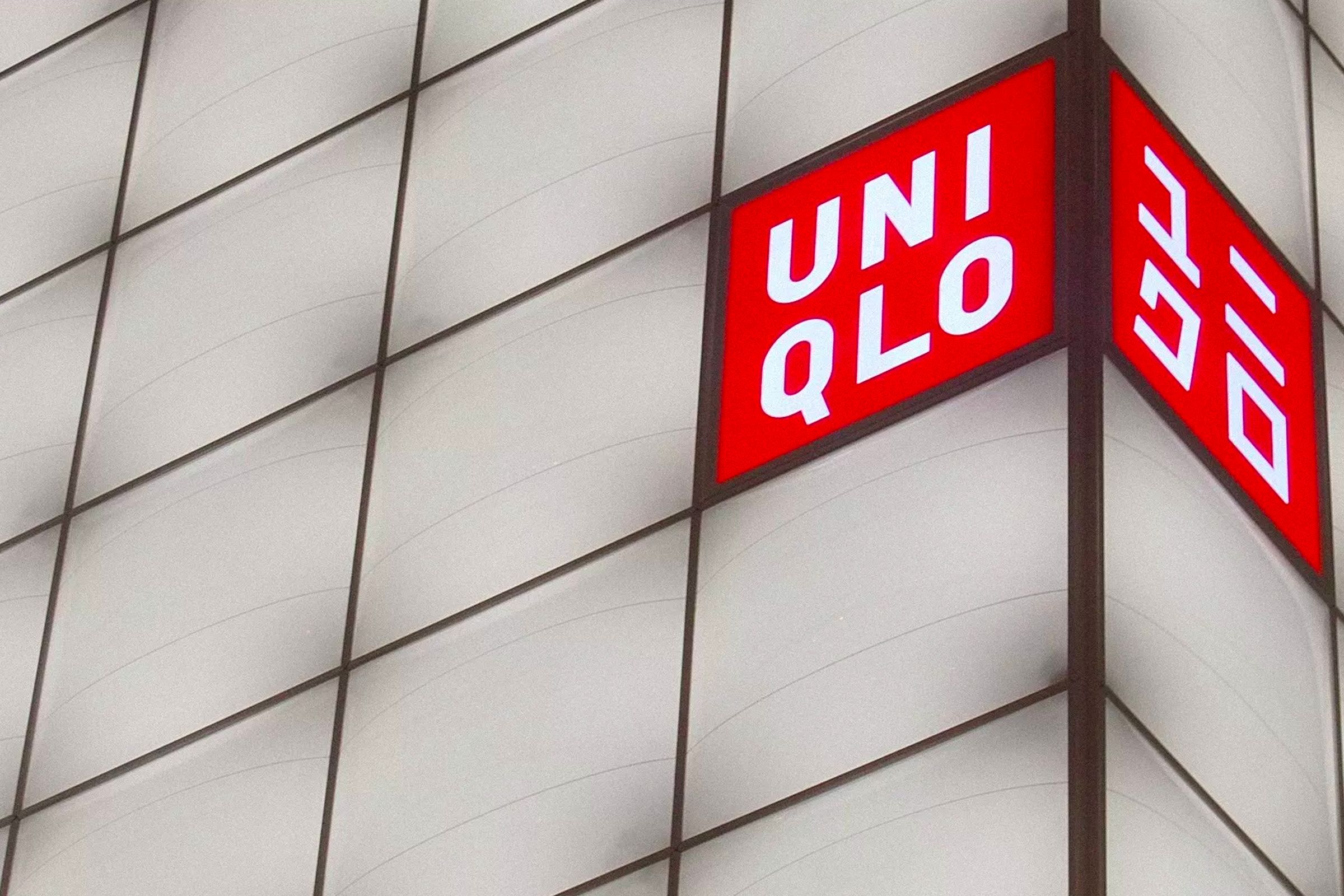
A Unique Approach to Clothing: The Story of Uniqlo
- Words Gunner Park
- Date May 14, 2018
If one were to trace the genesis of contemporary Japanese menswear, it would begin in the early 1950s with Kensuke Ishizu and his eponymous line of “Ivy League” style shirts, jackets and trousers under the banner of VAN Jacket. Ishizu single-handedly brought western-leaning men’s fashion to Japan during a period of strife that seemed to defy the notion of consumerism. After a lengthy two decades trying to bring Ivy to Japan’s youth, Ishizu succeeded as VAN Jacket became a cultural phenomenon in Japan. However, by the 1970s, VAN Jacket lost the appeal it once had in favor of West Coast style clothing, “heavy duty” functional garments, and American blue jeans. While his clothing doesn’t have the same lure it once had, Ishizu managed to lay the framework for Japanese fashion as a whole, both explicitly and implicitly.
In a broader sense, Ishizu gave way for a variety of trends to infiltrate their way into Japan’s growing fashion industry. Japanese denim and workwear, logo-ridden streetwear—even deconstructed avant-garde silhouettes—are all products of Ishizu’s legacy. On the other end of the spectrum, there are Ishizu’s direct disciples who spent their tenure at VAN Jacket familiarizing themselves with the brand’s mission and values while offering their own variations of “American Traditional.” Yoshi Sadasue, a former engineer for VAN, went on to start Kamakura Shirts, a more literal interpretation of Ivy style that focuses on custom-made shirting in fine Japanese and English fabrics.
On the contrary, Tadashi Yanai, a former operator of a small VAN franchisee, implicitly channels Ishizu by exporting his take on American traditional—affordable basics with an emphasis on functionality and minimalism—otherwise known as Uniqlo. Uniqlo is the most successful brand to come out of the VAN Jacket family. It’s ever-so-simple, yet revolutionary brand image stands the test of time. When the consumer bubble burst in Japan in the 1980s, the company continued to make profit. To this day, The fast-fashion mammoth has over 1500 stores in 18 countries and is on track to raise $61.2 billion USD in revenue by 2020. However, while founder Tadashi Yanai is often ranked as Japan’s richest person (even being called the Japanese Warren Buffet), his upbringing is quite humble by comparison.
Follow Gunner on Instagram here.
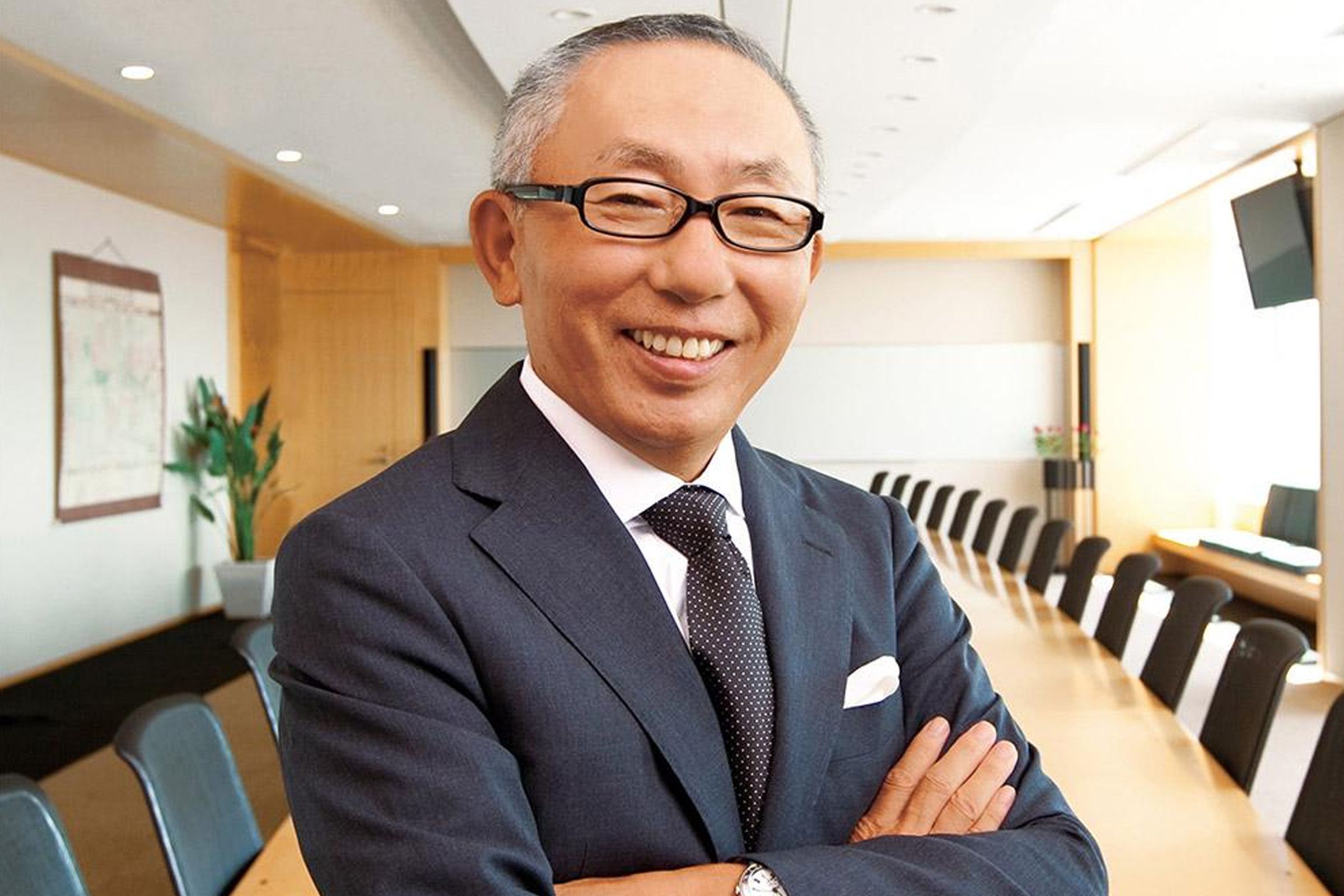
Born on February 7, 1949, in the Yamaguchi Prefecture of Japan, Yanai was passionate about pursuing business from his early years. He attended Waseda University in Tokyo in 1971 and graduated with a degree in political science. After he graduated, he began selling men’s clothing and kitchenware at the Jusco supermarket. After spending a grueling year at Jusco, Yanai joined his father’s tailoring business which also happened to be a VAN Jacket franchisee in the industrial town of Ube, Yamaguchi called Ogori Shoji (later renamed to “Men’s Shop OS” to attract a younger crowd).
In 1985, Yanai recognized the fact that VAN was beginning to falter, coming to the conclusion that he could not keep Men’s Shop OS as it was. As a result, Yanai opened up a large-scale shop for casual basics in Fukuro-Machi, Naka-Ku, Hiroshima called “Unique Clothing Warehouse”—abbreviated as Uniqlo. In fact, the label’s contraction was the result of administration work in Hong Kong in 1988 when the “C” on the label’s registration was incorrectly recorded as a “Q.” In the same playful vane as VAN Jacket, the name stuck and Uniqlo was born.
Several years after starting his business, Yanai visited Europe and the United States each year to gather research on the potential of casual clothing chains—including labels like Gap. In fact, Yanai’s business plan was derived from Mickey Drexler’s strategy which fused in-house private label clothing with a robust physical retail business. He looked to the former CEO of Gap for inspiration, even telling him at a breakfast meeting in the late-’80s, “You are my professor. I follow everything you do.” In 1991, Ogori Shoji was changed to “Fast Retailing” and shed its status as a VAN franchisee to focus on a mass-scale retail and a new distribution model.
While touring several universities, Yanai became impressed with the method of shopping in co-ops where students could pick up what they wanted, drop it in a basket and bring it to a checkout counter. His ideal store image was one where teenagers could buy fashionable, casual clothing at a reasonable price point. As a result, he pursued low-cost operations by purchasing clearance goods from manufacturers and wholesalers, opening standardized stores in the suburbs of Japan and minimizing consultative services. Still, he was disappointed with the low quality of the product.
Fast Retailing recognized it could outsource their manufacturing to China in order to lower the cost, but that of course came with several outstanding issues. First, the contracted manufacturers attempted to decrease the quality in order to make a profit—as payment by unit was relatively low. Second, with already established notions of quality and price, it was difficult to change a customer’s opinion of the brand. Third, Fast Retailing was not able to plan blockbuster products without having any professional designers or pattern makers. To remedy these problems, Yanai sent quality control teams called takumi (“skillful experts”) to its contracted factories despite their resistance and limited the number of contacted factories from 140 to 40. This would help reduce the quality gap.
The next essential component to execute was retail and distribution. In 1994, Fast Retailing built a design group in New York to collect information about trends and planned product concepts. The hope was that the gathered intel would be sent back to the Osaka production office where the team would select the material and design. It would all culminate at the headquarters in Yamaguchi, where the internal team would decide on the product’s portfolio and quantity. However, this retail and distribution system did not work well because of miscommunication; Fast Retailing closed the design company after a few years and integrated the entire R&D system in Tokyo. These struggles and their respective solutions resulted in the Uniqlo boom in the late-’90s.
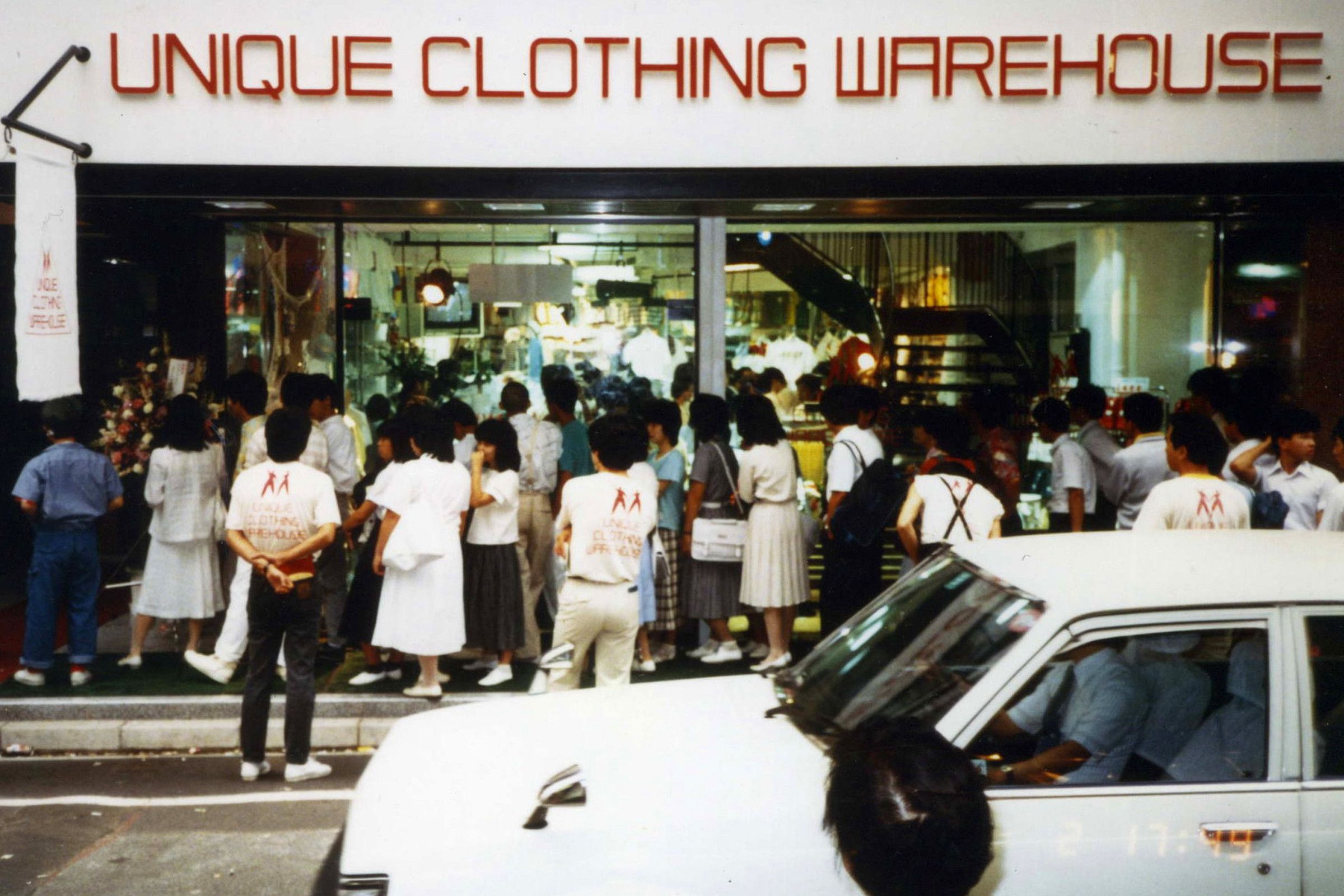
1998 proved to be a landmark year for the label in terms of both development and exposure. In November of that year, Uniqlo opened their first store in Tokyo’s trendy Harajuku district, with numerous outlets soon spreading to other major cities throughout Japan. The same year Uniqlo started the “Fleece Campaign.” A fleece jacket was sold for roughly $100 USD overseas by brands like Patagonia. Yanai realized the potential of the fleece jacket and considering that fleece was an outdoor product, the price was relatively expensive. Uniqlo began selling its fleece jacket for roughly $19 USD. Uniqlo released 15 colorful renditions of the fleece (now in more than 50 colors). Thanks to its knowledge of trends, bold product offering and modest price, two million, 8.5 million, and 26 million fleece jackets were sold in 1998, 1999, and 2000, respectively. Moreover, this boom completely changed Uniqlo’s image from “cheap” to “cheap but high quality.” Fast Retailing integrated all products into the vertically-supplied Uniqlo brand by 1998.
By 2001, Uniqlo had 500 retail locations in Japan alone and made its first attempt to expand abroad, opening 21 stores in English suburbs and three in New Jersey malls. However, many of these locations were shut down due to diminishing sales calling for a reversal strategy. In 2005, Uniqlo announced its reversal plan for international expansion. Stores located in Japanese suburbs would stay, but growth abroad would be localized to flashy stores in major cities across each continent. At this point, all Uniqlo needed to do was refine their business model by integrating the development and procurement of materials.
In 2006, Fast Retailing formed a strategic partnership with Toray Industries—a Japanese textile company specializing in industrial products centered on technologies in synthetic chemistry—to develop a new product, HeatTech. Becoming one of Uniqlo’s most successful products since launch, HeatTech is an array of heat-trapping, sweat-wicking, quick-drying, anti-odor innerwear designed to keep the wearer warm in the colder months. Customers welcomed HeatTech as they could finally enjoy more fashionable garments in the winter without the need for heavy clothing or multiple layers. Toray and Uniqlo later collaborated on a breathable mid-layer that releases heat and moisture called AIRism. Fast Retailing finally added the crucial “high function” component to their company, establishing Uniqlo’s brand mission as one of comfortable shopping and affordable price points, but with high quality and functionality.

Uniqlo finally solidified itself as philosophy-oriented brand thanks to Yanai’s unwavering creed. In an interview in Forbes, when asked what sets Uniqlo apart from its competitors, Yanai pulled a laminated card with both English and Japanese translations of Uniqlo’s brand ethos: “Uniqlo is clothing in the absolute.” To Yanai, clothing should be an extension of the person who wears it, and something the customer doesn’t even have to think about. Uniqlo is always more of a lifestyle than a clothing label. This was Uniqlo’s mission from the beginning and is continuously reinforced through its latest offerings. LifeWear, for example, reinforces the notion that you are what you wear. Designing apparel derived from Japanese values of simplicity, quality and longevity (which, naturally, link up with Uniqlo’s own values), LifeWear is the umbrella term used to label Uniqlo’s vast array of signature products. From its affordable selvedge denim to HeatTech to minimal suiting, LifeWear is the essence of Uniqlo.
Thanks to a comprehensive business strategy and a strong brand image, Uniqlo soon began collaborating with designers and fashion figures who echoed the brand’s aesthetic in order to bring a more fashion-forward approach to the label’s design. Including the likes of Jil Sander, Jun Takahashi, Christophe Lemaire, Carine Roitfeld, J.W. Anderson and, in the near future, Tomas Maier, Uniqlo’s coveted capsule collections echo the collaborator’s signature style while still representing the Japanese retailer’s singular “simplified” aesthetic.
Jil Sander, for example, teamed up with Uniqlo in 2009 to collaborate on the popular +J line—an offering of minimal, streamlined tailoring and casual garments—to bring a more design-oriented approach to Uniqlo’s plain garments. The organic similarities between the pair’s Japanese and German aesthetics were clear, with expertise craftsmanship remaining a core component—even at Uniqlo’s budget-friendly price point. The partnership ran to the end of 2011 with a small offering of +J favorites released in 2014 and 2015, initiating a well-established report between Uniqlo and other similarly “minimal” designers.
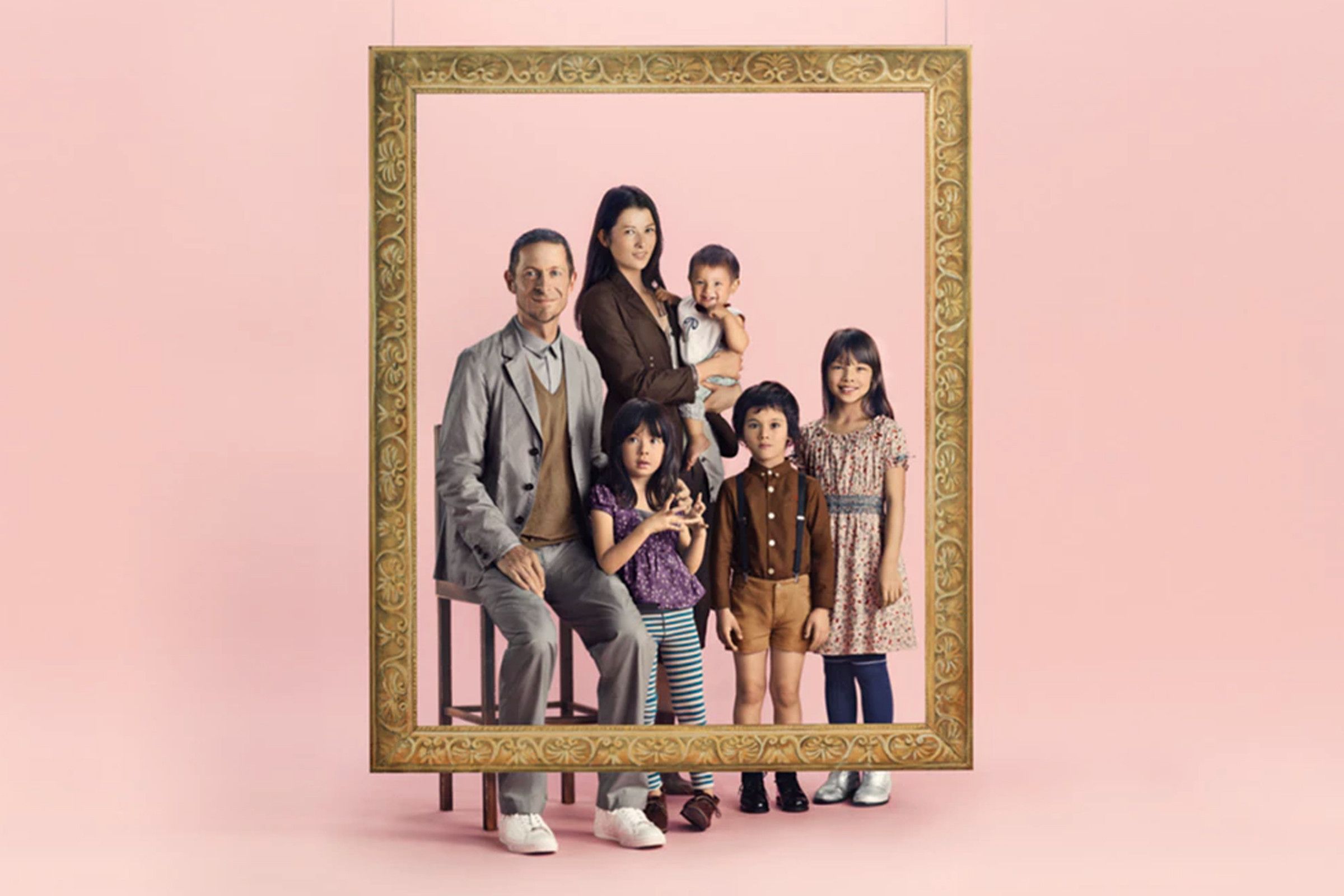
While most of Uniqlo’s collaborations are seemingly cut from the same cloth (brands with “European minimalist” design histories are clear Uniqlo favorites), Uniqlo’s short-lived capsule collection with Jun Takahashi and Undercover, UU, deviated slightly from Uniqlo’s typically unadorned basics. A collaboration between Yanai and Takahashi only made sense since both opened and operated their first retail boutiques in Harakuju. While the pairing was curious at first, Takahashi explained the idea in a post on Honeyee back in 2012.
“More than a year ago, when I first heard this talk [about partnering with Uniqlo], I questioned this project; to be honest, my first thought was ‘Why us?’,” Takahashi explained. “As I asked these questions I found myself gradually becoming interested in this project. We had several more discussions, as a result of which, an idea popped up almost simultaneously from both sides: ‘Clothes for mom, dad and the children; clothes for the family.’ We had found our common ground.”
Released in 2012, UU consisted of Uniqlo’s streamlined garments re-imagined through Takahashi’s lens. Provocative graphic T-shirts, a leather biker jacket, a down blazer with faux fur and a puffer hoodie with fleece all characterized the intersection of Yanai and Takahashi’s distinct aesthetics. Garnering attention from Uniqlo’s mainstream customer base, Jun Takahashi’s cult following and members of the streetwear community, avid menswear nerds recognized this was the only time Takahashi’s punk avant-garde designs would be sold at an accessible price point. Although UU only ran for two seasons (arguably due to differences between the two labels’ respective aesthetics and target customers) it is perhaps the most sought-after Uniqlo collaboration to this day.
In a similar vein to +J and UU, In 2015, Uniqlo launched yet another collaboration, this time with Christophe Lemaire. The capsule—titled “Uniqlo and Lemaire”—included designs reminiscent of Lemaire’s Parisian minimalism. The partnership was so successful that Lemaire was offered a staff position as artistic director of a new Uniqlo research and development center in Paris. The transition acted as a means of replacing the void left by Sander’s +J and became the inception of [Uniqlo U]((https://www.uniqlo.com/UniqloU18ss/us/en/about/) Now a full-on seasonal sub-line developed in the label’s Paris atelier, the regular collection offers elevated basics made from advanced materials and innovative standards in craftsmanship (all with Lemaire’s signature simplicity, naturally).
Similarly, in 2014, after Tomoaki Nagao, famously known as ‘NIGO,’ walked away from A Bathing Ape, he brought his penchant for graphic design to Uniqlo. NIGO currently works as the creative director for Uniqlo’s UT line. It’s another regular Uniqlo collection that celebrates patterns and prints within pop culture while using the T-shirt as a canvas. It’s not Uniqlo designing something in the context of another designer, but rather the opposite. Other T-shirt partners have included Pharrell (likely thanks to the musician’s affiliation with NIGO), Peanuts, Disney, Marvel, Shonen Jump and artist KAWS.
With an affordable price point, fashion-forward design focus, comprehensive business plan and runway-esque R&D strategy, Uniqlo has potential to change the way fast-fashion operates as a whole. However, Fast Retailing still has a ways to go if it is to become the first fas-fashion conglomerate with an ethical corporate responsibility model. In a recent report, SACOM (Students and Scholars Against Corporate Misbehavior) revealed several sweatshop practices and labor rights violations belying the corporate social responsibility (CSR) promises Uniqlo made as far back as the ’90s. Uniqlo has a high CSR profile that gives impressions of transparency, a careful selection of suppliers, limits on overtime work and a commitment to freedom of association. However, undercover investigations conducted by SACOM in 2015 revealed systemic and large-scale labor violations in two factories. Factory workers toiled under inhumane standards, having to cope with excessive overtime, low pay and hazardous working conditions. Thankfully, Fast Retailing acknowledged some of these issues, drafting a written commitment to improving working conditions in its supplier factories, addressing problems with working hours, and requesting government agency acts to evaluate air quality and ensure the factory floor is sanitary. While this is only one instance of Uniqlo breaking its CSR promises, it is indicative of the broader issues facing ethics in fast-fashion and the difficulty required to remedy them.
Uniqlo will always be labeled as “fast-fashion,” but Yanai’s mission seems to beg to differ. The retail giant challenges the conventions of fast-fashion through offering its own unique approach derived from Japanese values of simplicity and craftsmanship. While it is still under the guise of a traditional mass-retail operation, Fast Retailing and Uniqlo make notable efforts to differentiate themselves from their competitors. Transparency, quality and ethics are all concerns demonstrated by the company. Other fast-fashion conglomerates such as H&M and Zara take similar initiatives to become more socially responsible and offer diverse products, but unlike Uniqlo, they continuously chase and attempt to replicate the ever-changing trends of the fashion industry. Uniqlo has a solid and established brand ethos—to offer the highest quality, most functional basics available at an affordable price point. Even the name Uniqlo still holds its value today; today the “unique clothing” is the brand’s unparalleled offering of timeless design (by relevant designers) at a contemporary price. Yanai doesn’t care about chasing trends. He wants his LifeWear (both literally and conceptually) to act as an extension of the wearer’s everyday habits. Tackling such a complicated venture with such a simplistic approach is Uniqlo’s greatest strength and one that continues to solidify its position at the center of defining the possibilities of “fast-fashion.”
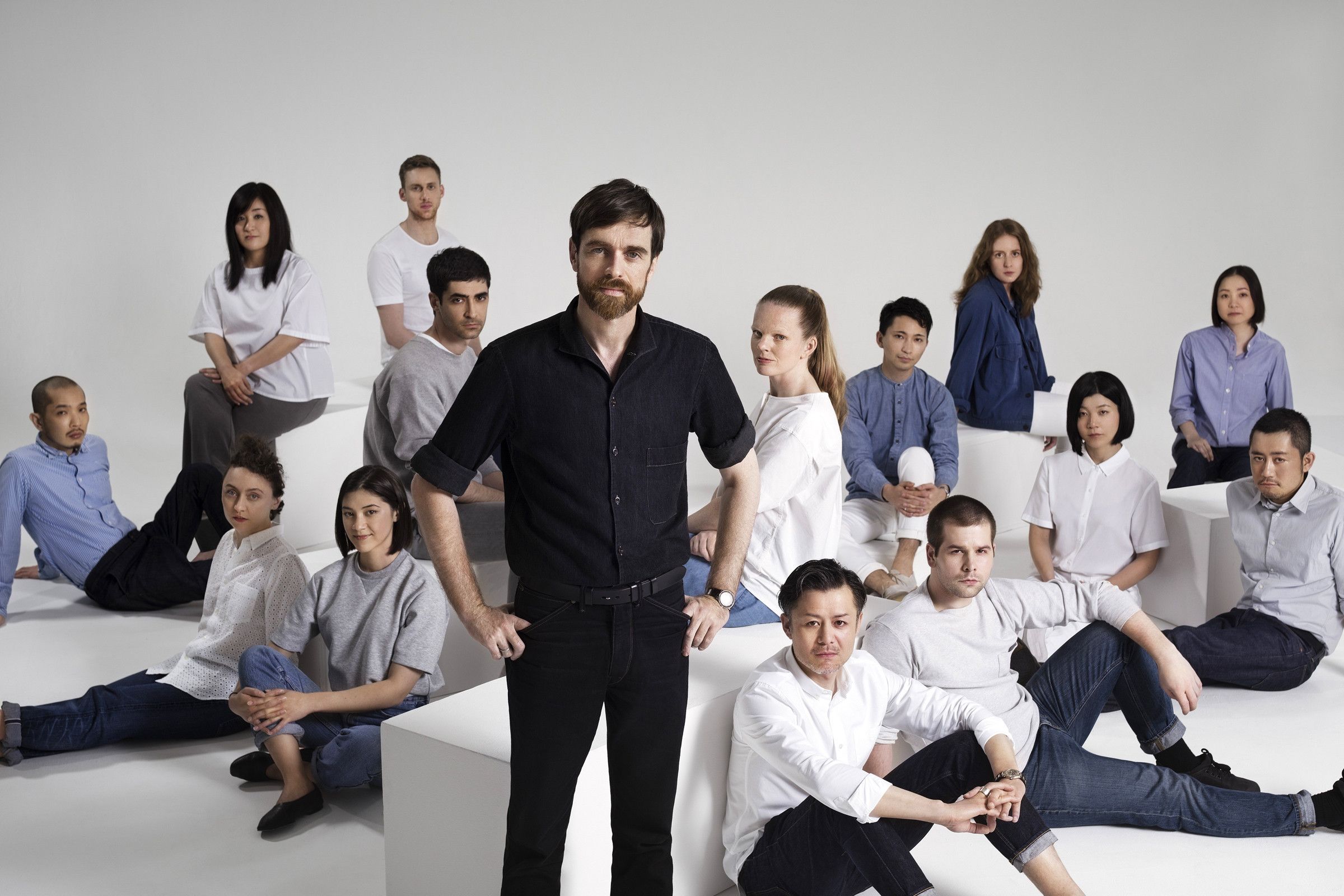
Master Class